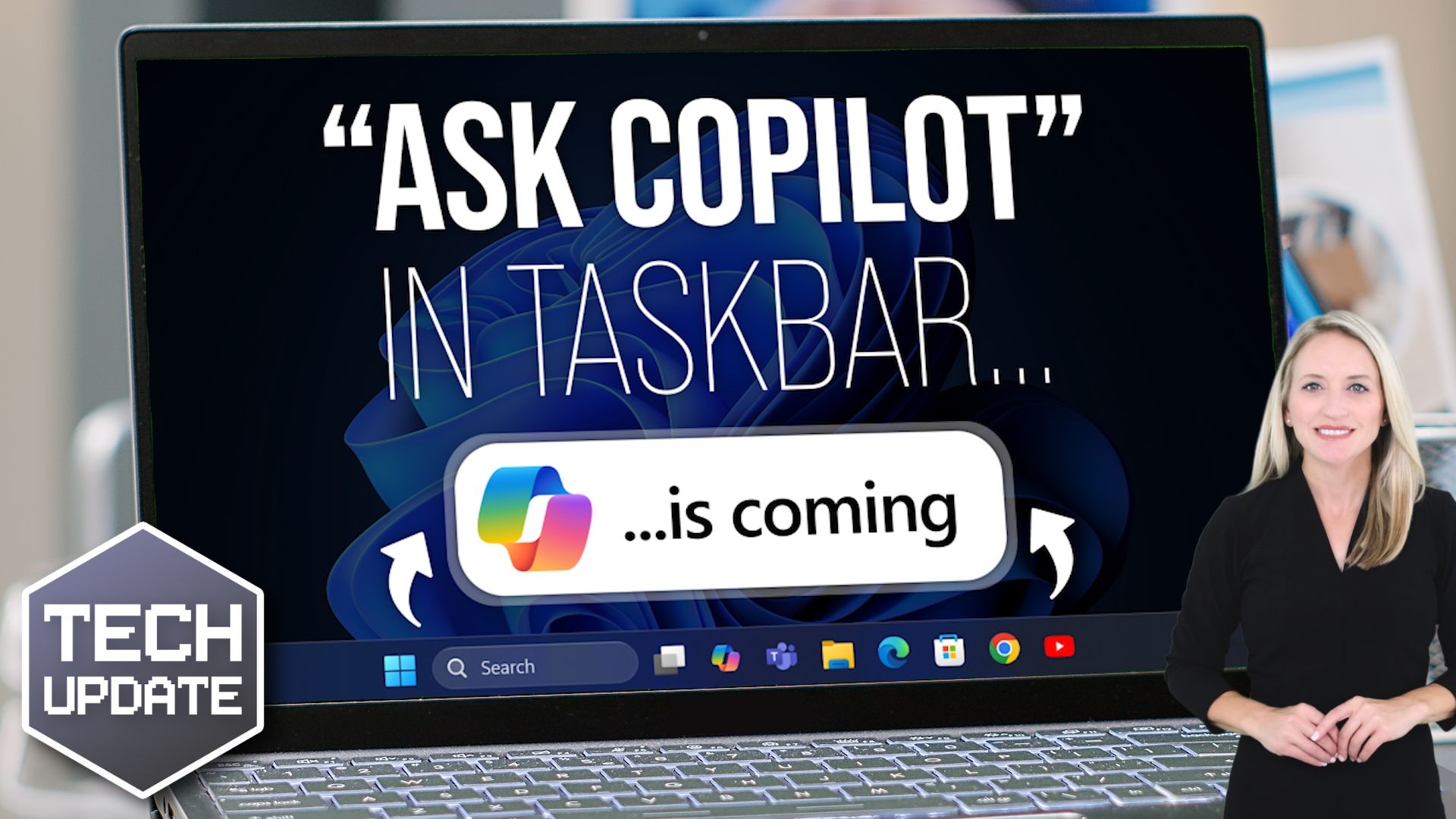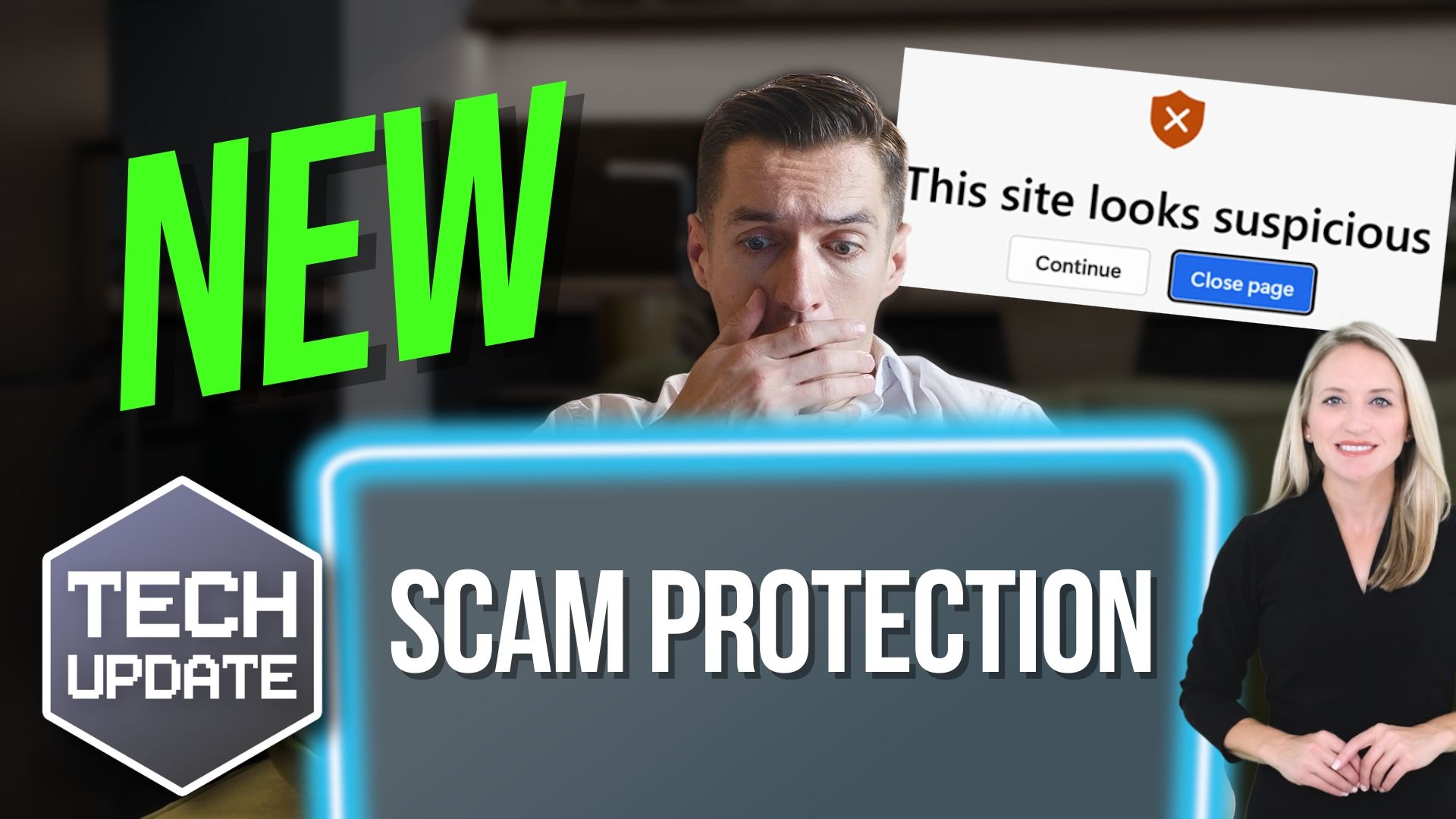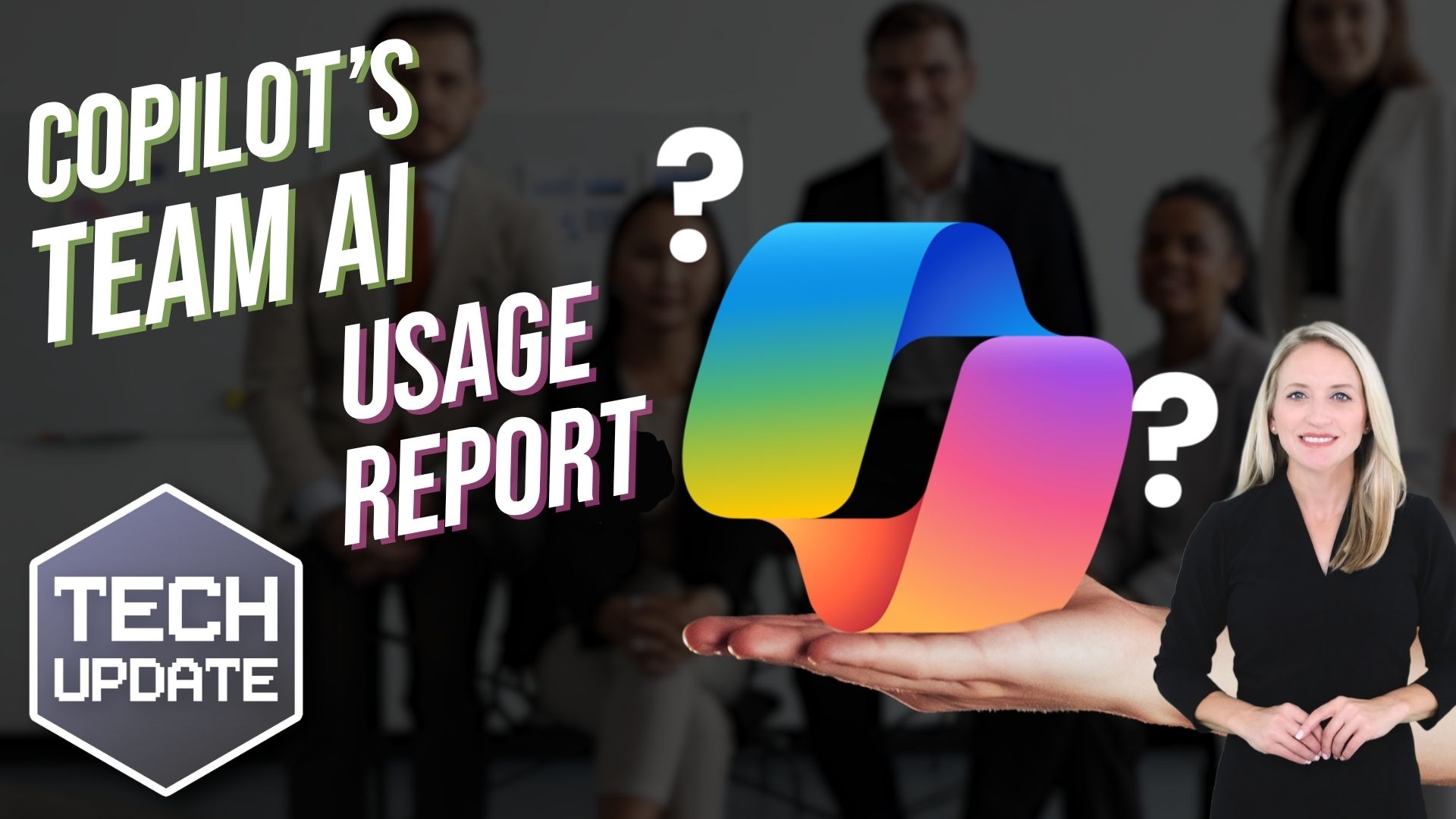What SMBs Need to Know About Ransomware
Cybersecurity threats have become an increasingly serious concern as organizations rely more on technology. One such threat is ransomware, which has been making headlines and causing significant disruption to businesses worldwide. While large corporations often have robust security measures in place, small and medium-sized businesses (SMBs) are particularly vulnerable to ransomware attacks.
Read on to uncover key insights about ransomware and learn how businesses can proactively protect their operations.
What Is Ransomware?
Ransomware is a type of malicious software that locks users out of their systems and encrypts their files. This cyber threat demands a ransom payment for restoring access, usually in cryptocurrency to maintain anonymity. It can infiltrate a business through various means, often causing severe disruptions and financial losses. For SMBs, the risk is particularly acute, as these attacks can lead to extended downtimes and, in some cases, complete data loss.
The Financial Impact of Ransomware on SMBs
Ransomware attacks can have a devastating financial impact on SMBs which is way beyond the direct cost of paying the ransom (which is never a guarantee of data recovery). Ransomware attacks can lead to significant revenue loss, especially for service-based businesses or those reliant on timely operations. These attacks will also impact employee productivity and project timelines.
Additionally, a ransomware attack can erode customer trust, leading to lost business and potential legal action, making it harder to attract new customers. Above all, recovering lost or damaged data can involve significant costs, particularly if specialized tools or services are required.
How Ransomware Enters Businesses
Understanding how ransomware infiltrates systems is essential for prevention. Here are the most common entry points:
- Phishing Emails: These deceptive messages lure employees into clicking on malicious links or downloading harmful attachments.
- Unpatched Software: Many attacks exploit known vulnerabilities in outdated software and weak network configurations.
- Insecure Remote Desktop Protocol (RDP): RDP connections that lack proper security can be easily exploited.
- Malicious Downloads: Downloading software or files from untrusted sources can introduce ransomware into the systems.
Proactive Measures to Combat Ransomware

Implementing proactive measures can significantly reduce the risk of a ransomware attack:
- Regular Backups Ensure that backups are performed regularly and stored securely, preferably in multiple locations. This practice can save businesses in the event of an attack.
- Employee Training: Regular training sessions can empower employees to recognize phishing attempts and understand safe browsing habits.
- Robust Security Solutions: Invest in comprehensive security software, including antivirus and anti-malware programs. Regular updates to these systems are essential for defending against evolving threats.
- Access Controls: Limiting access based on employee roles can minimize exposure and reduce the likelihood of an attack.
- Incident Response Plan: Having a clear plan in place for responding to an attack is crucial. This plan should include communication protocols, recovery procedures, and a designated response team.
Legal Implications of Ransomware
The legal landscape surrounding ransomware is complex. Businesses that handle sensitive customer data must adhere to regulations such as GDPR and HIPAA. An attack that compromises this data can result in significant legal consequences, including hefty fines and lawsuits. For this reason, it is crucial to prioritize strong cybersecurity measures—not just for protection, but to assure compliance with relevant laws.
Moreover, organizations may face legal action from customers, partners, and employees affected by the attack. In some cases, ransomware attacks can be considered criminal offenses, especially if they involve extortion or theft. Organizations may also face legal scrutiny if they pay a ransom to cybercriminals, as this could be seen as funding illegal activities.
Building a Culture of Security
A strong cybersecurity posture goes beyond technology; it requires a cultural shift within the organization. Encourage open communication about cybersecurity risks and foster an environment where employees feel empowered to report suspicious activities. When everyone in the organization understands their role in protecting data, it creates a more resilient defense.
Staying Ahead of Emerging Threats
The field of cybersecurity is always evolving. New ransomware variants and tactics emerge regularly, making it essential for businesses to stay informed. SMBs should engage in continuous learning by participating in industry forums, following cybersecurity news, and attending relevant events. Keeping abreast of emerging threats allows organizations to adapt their security strategies effectively.
Incident Recovery Planning
In the unfortunate event of a ransomware attack, having a well-structured incident recovery plan can make all the difference. This plan should include:
- Identification of Key Assets: Understand which data and systems are most critical to business operations.
- Response Procedures: Define clear steps for containment and eradication of the ransomware, including communication protocols with stakeholders.
- Restoration Processes: Establish methods for restoring data from backups and ensuring system integrity.
- Post-Incident Review: After resolving the attack, conduct a thorough review to identify lessons learned and areas for improvement.
The Value of Partnering with Managed Service Providers (MSPs)
A managed service provider (MSP) like DEVsource can be a game-changer for SMBs. With our expertise in managed IT services, we assist businesses in creating robust cybersecurity strategies.
MSPs offer a comprehensive approach to cybersecurity, including proactive monitoring, rapid incident response, advanced security solutions, and cost-effective services. By leveraging the expertise of MSPs, businesses can significantly enhance our security posture, minimize the impact of ransomware attacks, and protect their valuable assets.
Additionally, MSPs can provide ongoing support and maintenance with the help of regular vulnerability assessments, patch management, and employee training and ensure that businesses remain protected from future threats.
Ransomware poses a significant threat to SMBs, but with the right knowledge and strategies, businesses can protect themselves effectively. Is your business prepared to face the challenges of ransomware? Let us at DEVsource Technology Solutions help you bolster your cybersecurity framework. Schedule a consultation today to explore tailored solutions that meet your unique needs and protect your valuable data.


